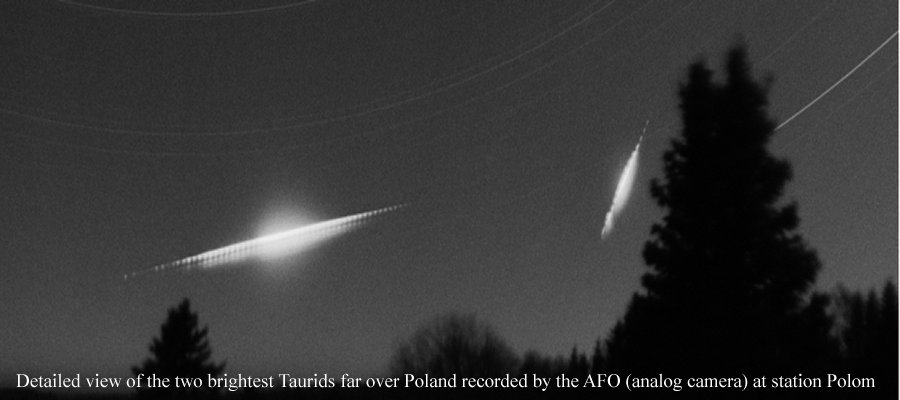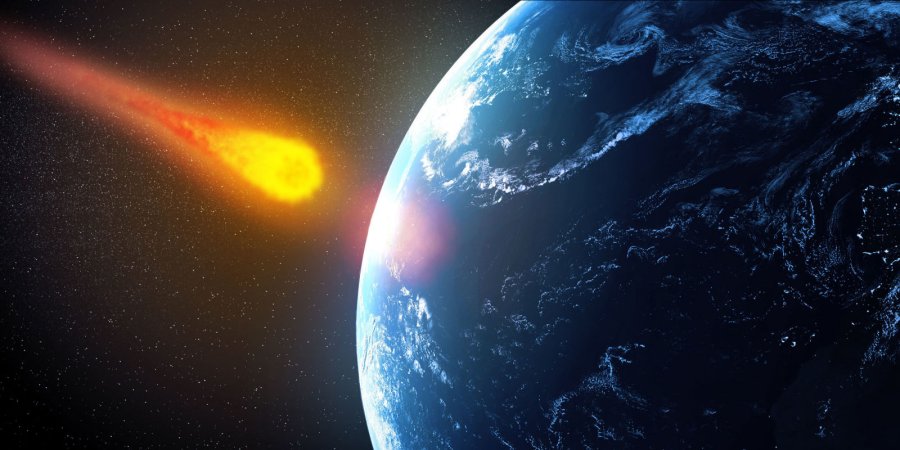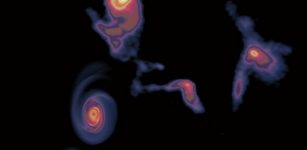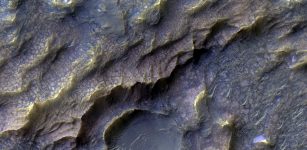Growing Risk That Earth Will Be Hit By Asteroid From The Taurids
MessageToEagle.com – The risk is increasing that Earth will be hit by an asteroid from a meteor stream known as the Taurids, informed astronomers from the Czech Academy of Sciences, today (June 6, 2017).
The team has analyzed 144 bolides – large meteors that explode in the atmosphere – from the Taurids.
The results of this important analysis helped astronomers to detect a new branch with at least two asteroids measuring 200-300 meters (220-330 yards) in diameter.
“Most probably, the branch also includes many undetected asteroids which are dozens of metres in diameter or larger,” the Czech academy said in a press release.
“Hence, the danger of a crash with an asteroid grows markedly once every few years that the Earth encounters this stream of inter-planetary material.”
In their paper “Discovery of a new branch of the Taurid meteoroid stream as a real source of potentially hazardous bodies”, the astronomers state:
“The activity of Taurids is prolonged but usually of low level. In some years, however, the activity is enhanced, especially in terms of large numbers of bright meteors (fireballs)…”
“…we argue that asteroids 2015 TX24 and 2005 UR, both of diameters 200 – 300 meters, are direct members of the new branch. It is therefore very likely that the new branch contains also numerous still not discovered objects of decameter or even larger size. Since asteroids of sizes of tens to hundreds meters pose a treat to the ground even if they are intrinsically weak, impact hazard increases significantly when the Earth encounters the Taurid new branch every few years.

Further studies leading to better description of this real source of potentially hazardous objects, which can be large enough to cause significant regional or even continental damage on the Earth, are therefore extremely important…”
The new branch comprises objects moving together around the Sun, and the Earth encounters it once every few years for a period of about three weeks.
“During this period, the probability of a collision with a larger object (of about dozens of metres in diameter) is markedly higher,” the researchers said.
The asteroids are very fragile, but when they are this large they may penetrate deep into the atmosphere and pose a real threat of collision with Earth.
The study urges further research to obtain “a better description of this real source of potentially hazardous objects large enough to cause a local or even continental disaster.”
Research paper – here
MessageToEagle.com
Expand for references










